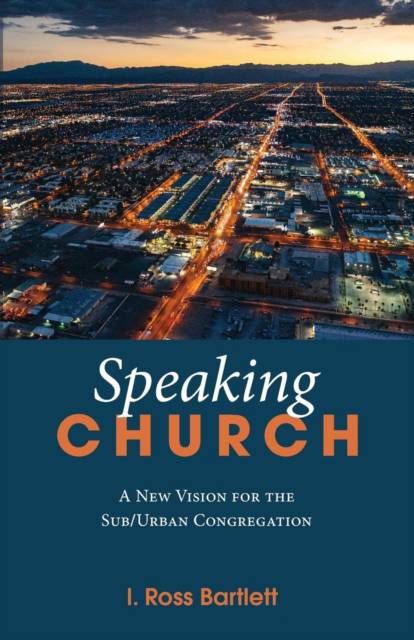
- Afhalen na 1 uur in een winkel met voorraad
- Gratis thuislevering in België vanaf € 30
- Ruim aanbod met 7 miljoen producten
- Afhalen na 1 uur in een winkel met voorraad
- Gratis thuislevering in België vanaf € 30
- Ruim aanbod met 7 miljoen producten
€ 29,45
+ 58 punten
Uitvoering
Omschrijving
Language is the gift by which we shape our understanding and tell our story. But if we cannot see ourselves and our context in our language, our lives can be confused and our witness weakened through a kind of cognitive dissonance created when the only vocabulary available to us fails to match our lived situation. Urban and suburban congregations live this disconnect when the language and imagery often employed in hymns, prayers, imagery, and liturgies reflect a rural ideal far from the experience of believers. The irony is revealed when we recognize that the Bible is a book deeply and profoundly urban in nature. Christianity's earliest history gives both authorization and resources for helping urban and suburban congregations find their unique voice.
Specificaties
Betrokkenen
- Auteur(s):
- Uitgeverij:
Inhoud
- Aantal bladzijden:
- 134
- Taal:
- Engels
Eigenschappen
- Productcode (EAN):
- 9781532656293
- Verschijningsdatum:
- 3/01/2019
- Uitvoering:
- Paperback
- Formaat:
- Trade paperback (VS)
- Afmetingen:
- 140 mm x 216 mm
- Gewicht:
- 163 g

Alleen bij Standaard Boekhandel
+ 58 punten op je klantenkaart van Standaard Boekhandel
Beoordelingen
We publiceren alleen reviews die voldoen aan de voorwaarden voor reviews. Bekijk onze voorwaarden voor reviews.









